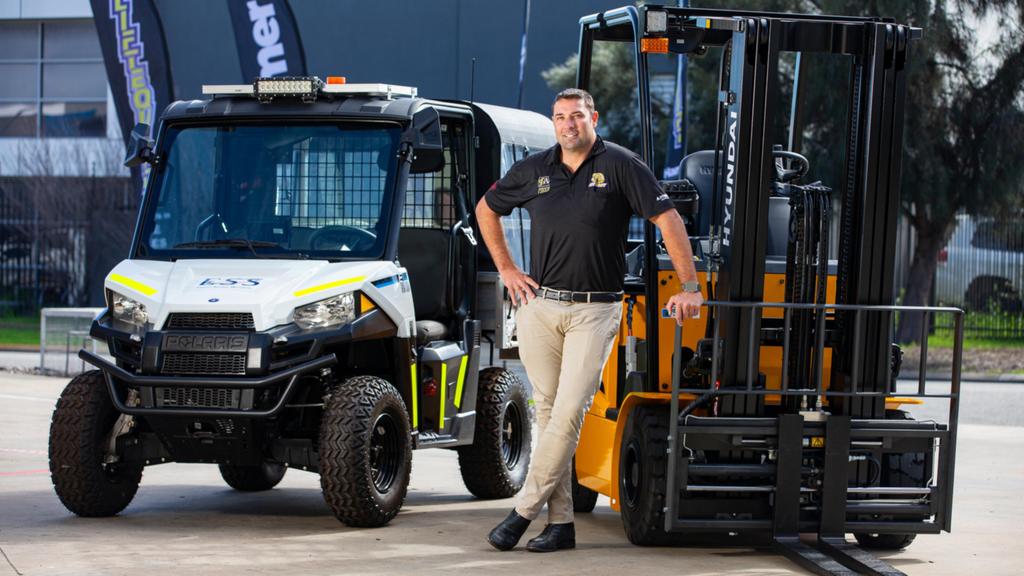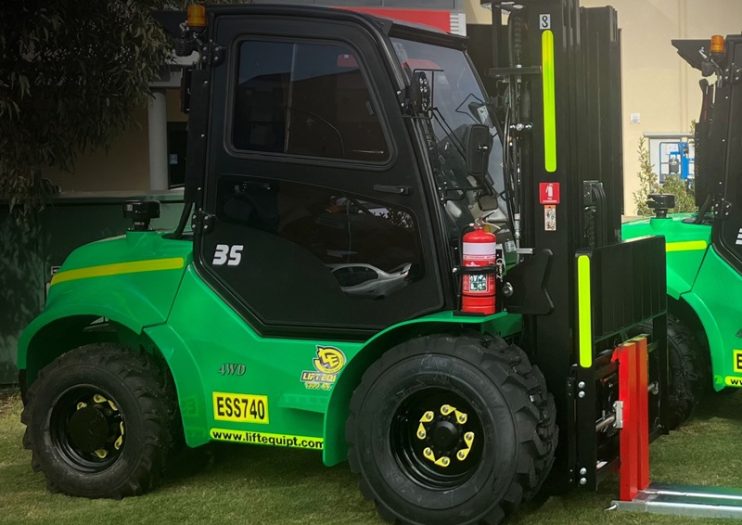
NAB data shows businesses are prioritising climate transition as financing for green equipment surges
Australian businesses are increasingly prioritising the climate transition, with new National Australia Bank data revealing financing for green equipment surged by nearly 60 per cent in the past three months.
The data also showed significant demand for energy efficient agriculture equipment, with financing growing 226 per cent in the June quarter, followed by solar upgrades and electric vehicles, up respectively by 129 per cent and 32 per cent.
NAB business metro banking executive Julie Rynski said the surge was the result of many businesses taking advantage of government incentives to upgrade old equipment while reducing carbon emissions
Australian businesses are increasingly prioritising the climate transition, with new National Australia Bank data revealing financing for green equipment surged by nearly 60 per cent in the past three months.
The data also showed significant demand for energy efficient agriculture equipment, with financing growing 226 per cent in the June quarter, followed by solar upgrades and electric vehicles, up respectively by 129 per cent and 32 per cent.
NAB business metro banking executive Julie Rynski said the surge was the result of many businesses taking advantage of government incentives to upgrade old equipment while reducing carbon emissions.
“(The surge) also tells us how innovative some of them are. We’re even seeing trucks start to get electrified and (become) plug-in, which I think you can only do if (businesses are) open and innovative,” she said.
Ms Rynski anticipates the trend to continue in an upwards trajectory.
At State levels, South Australia led the growth in green equipment financing, up 380 per cent, followed by NSW (up 89 per cent), Tasmania (up 58 per cent) and WA (up 33 per cent).
“It wasn’t so much that I was surprised that the uptake is there (in WA), but it’s the geographic distance that says (electric vehicles) must be getting better and better all the time for them to be able to work over (large) distances,” Ms Rynski said.
Brett Johnston, chief executive of WA-based hire company Lift Equipt, said the business had transitioned its forklifts and material handling equipment into hybrid, electric and hydrogen.
The company had also switched to solar lighting towers.
Mr Johnston said 20 to 25 per cent of its 700-car fleet was electric.
“The green transition is very important in meeting global carbon emission targets,” he said.
“But at the same time, a lot of these new green technologies coming out removes a lot of other risks, meaning there’s no oils in machines, there’s no possibility of spills.”
Ms Rynski said green equipment was not limited to one industry or the size of the business.
“I think the whole country will get behind (this trend) and certainly look (at) as many options and products as possible,” she said.

